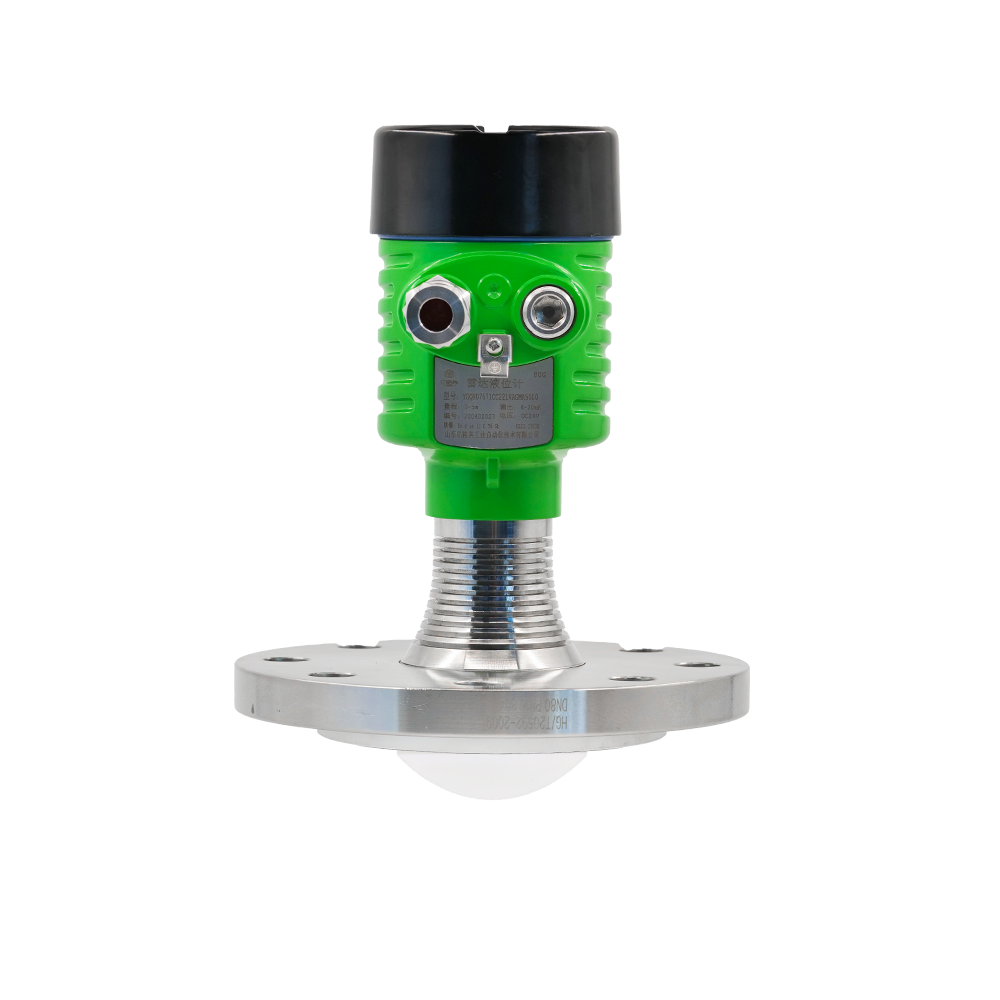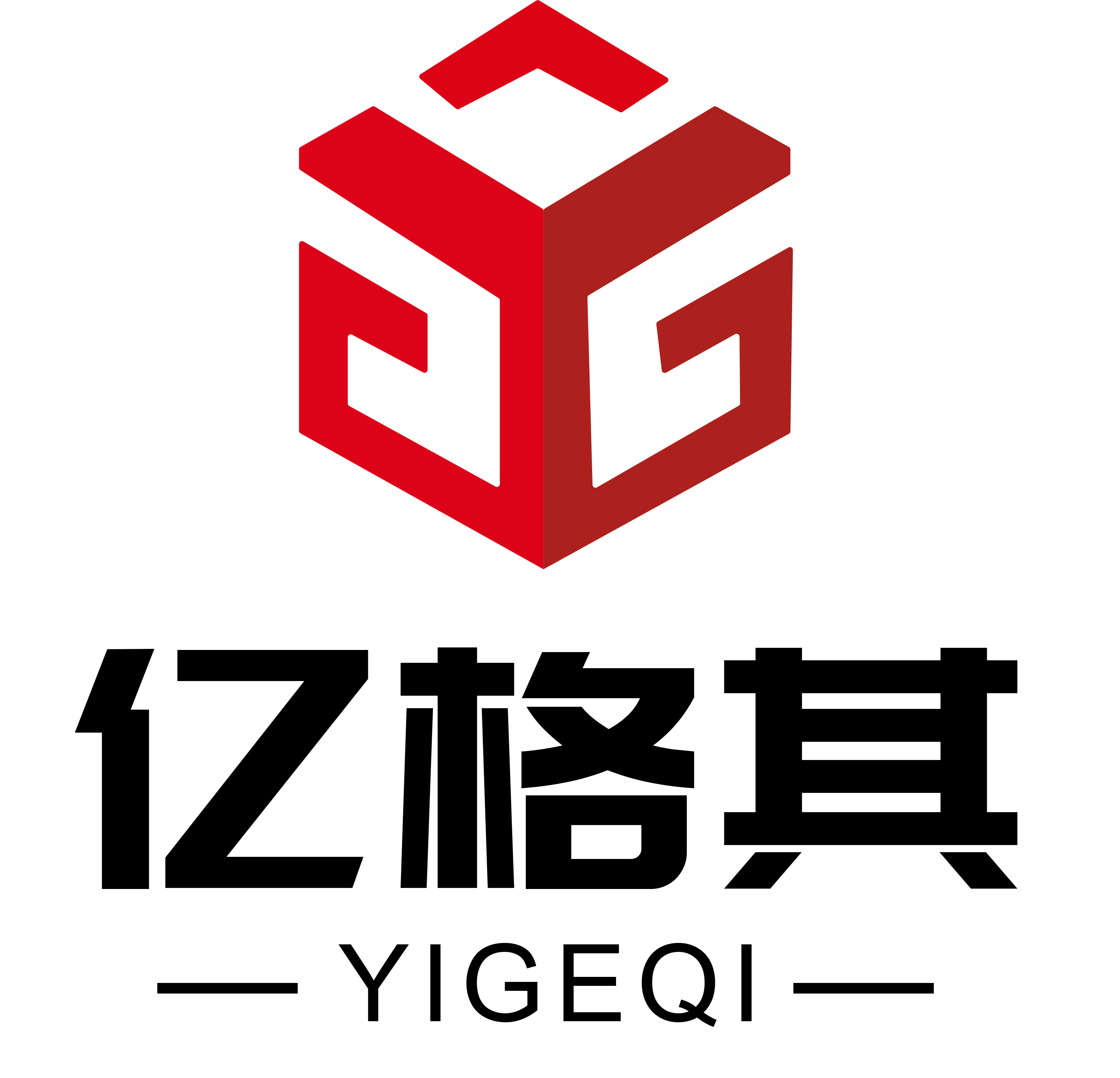With increasingly stringent environmental regulations and the rapid advancement of smart water management, the water treatment industry now demands higher precision and reliability in level measurement technologies. Yigeqi's 80GHz high-frequency radar level metershave gained widespread adoption in this field due to their exceptional performance, becoming the preferred measurement solution for wastewater treatment plants, drinking water facilities, and chemical water processing projects.

Traditional level measurement methods (such as ultrasonic and 26GHz radar) often suffer from significant measurement errors and insufficient stability when dealing with complex working conditions like foam, steam, and sediment. The 80GHz high-frequency radar level gauge employs advanced millimeter-wave measurement technology, boasting a high precision of ±1mm and an ultra-narrow beam angle of 3°~5°. This effectively penetrates interference from foam, steam, and condensate water, solving the measurement challenges faced by traditional ultrasonic or low-frequency radar in complex environments.
In wastewater treatment, the 80GHz radar successfully addressed challenges such as aeration tank foam interference and sedimentation tank sludge deposition, enabling multiple sewage plants to achieve more precise sludge concentration control. For drinking water storage tanks, its 316L stainless steel material with IP68 protection rating fully complies with stringent hygiene standards. In storage tanks for highly corrosive chemical agents, the PTFE-coated antenna demonstrated exceptional corrosion resistance. Industry experts noted that this technology not only enhances measurement reliability but also provides critical data support for smart water management systems by supporting communication protocols like HART and Modbus.
The 80GHz high-frequency radar level gauge, with its advantages of high precision, strong adaptability, and intelligent features, is gradually becoming the ideal choice for liquid level measurement in the water treatment industry. In the future, as technology continues to innovate, it will play a significant role in more scenarios, driving the global water treatment industry into a new phase of efficient and sustainable development.


